In the last few weeks, it has seemed that every day has brought yet another piece of bad news, pushing the world deeper and deeper into crisis mode. With more and more job losses, confirmed cases of Covid-19 infection and uncertainties arising, it is difficult to see the opportunities being offered by a crisis like this.
It is undeniable that Coronavirus has violently disrupted the way we do normal life. The one unique gift it is giving us, however, is space. In the most literal sense, it is giving us physical space from each other and for many of us, from our regular offices, commutes and meeting places. More than that, it is giving us space to recalibrate.
‘Getting back to basics’ is a critical first step to take when crisis hits – as the Ford Corporation did back in the 1980s. Despite being one of the most enduringly successful brands in the world, Ford got into serious trouble in ‘80s. In the space of just three years, Ford had lost over $3.3 billion, or almost half of the company’s net worth.[1] In the face of crisis, Ford’s executive leadership team was courageous. Instead of knee-jerk responses, the executive team chose to ask some fundamental questions: Who are we as a company? What do we stand for? What made us great in the first place? Is it possible we have lost sight of these things along the way?
After a period of reflection, Ford’s leadership identified what became known as the company’s 3 Ps – people, products and profits – in that order. More than some formulaic mission statement or an exercise in navel gazing, this process of reflection re-calibrated Ford with the very ideology the company’s founder had championed in the business’s early days. Furthermore, it gave Ford’s leadership a simple blueprint for future decision-making which contributed to the company’s sustained turnaround in the years that followed.
Put simply, re-calibration is about ensuring there is alignment between a brand or organization and its key values. It is about making sure that what you are doing and how you are doing it lines up with who you are and why you exist in the first place. It may not be sexy or spectacular, but it is critically important and being ‘off’ even by a few degrees can make all the difference when compounded over time.
Most businesses and organizations set out with a clear idea of who they are and why they exist. However, as the ‘what’ and ‘how’ get repeated, entities begin to focus on processes and lose sight of their purpose or outcome. Naturally, the longer we do something a certain way without thinking, the harder it becomes to stand back, get our bearings and make sure we are still going in the right direction.[2] Sometimes it takes a crisis to shock us into the consideration of this; the benefit of the unique crisis we are currently in is it has also given us the time and space to actively engage in this re-calibration.
The first key for an organization is to re-calibrate itself with what the French call a raison d’etre – or the fundamental reason or purpose for existence. In corporate speak, this is often referred to as an organization’s DNA.
Organisational DNA is comprised of two crucial elements:
1. Defining Values. Values should not simply be a tokenistic and polished statement of impressive sounding virtues but a guidepost for strategy and a touchstone for decision-making. They are a living thing – something central to the daily life of an organization or brand.
The space and the awakening this crisis is providing us with is also giving us a great insight into what our true values are, both as companies and as individuals, and is offering us an opportunity to fortify these values moving forward.
2. Driving Purpose. This second component of an organization’s DNA is equally important. While defining values require you to answer the question of why do we do things the way we do, the question of driving purpose is one that goes to the very heart of relevance: why do we do what we do at all?
Although many organizations have attempted to answer this question by crafting vision statements or mission statements, these are all-too-often a concoction of policies, practices, strategic aims and goals. True driving purpose, however, is more fundamental long-term and even philosophical than these things.[3]
It involves the true reason for the existence of the company, posing questions such as, ‘If you were to cease to exist tomorrow, what would be lost?’ With the threat of this philosophical question seeming very real to many businesses in the economic uncertainty of our current world, there is more reason than ever to find an authentic answer to such questions, which will provide the motivation and direction to move forward when the crisis is over.
Re-calibration is a fundamentally crucial practice for all businesses to engage in regardless of the state of the world. However, it is when crisis hits that we are able to see with a unique clarity the true internal state of our businesses. This crisis has given us the opportunity to not only access this clarity but to act on it in the time and space that has been afforded to us.
Although Coronavirus has had some truly devastating effects, it is giving us a moment of time to pause and reflect in all facets of life which is quite literally a ‘once in a century’ opportunity.
Article supplied with thanks to Michael McQueen.
